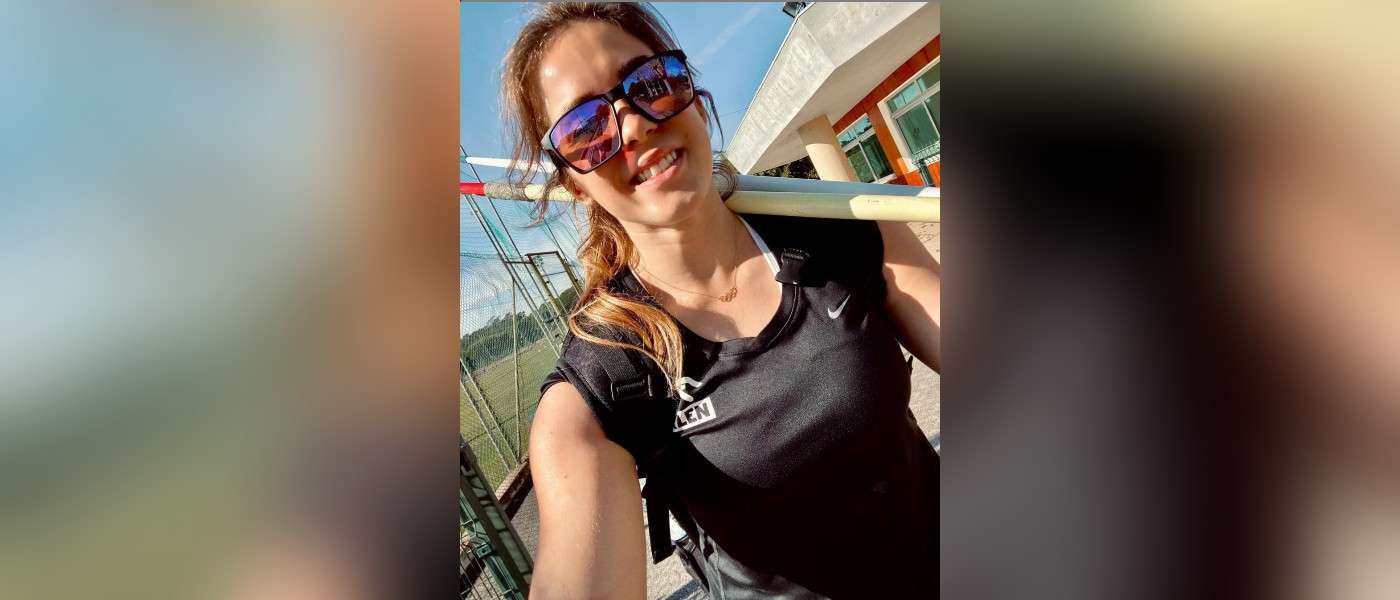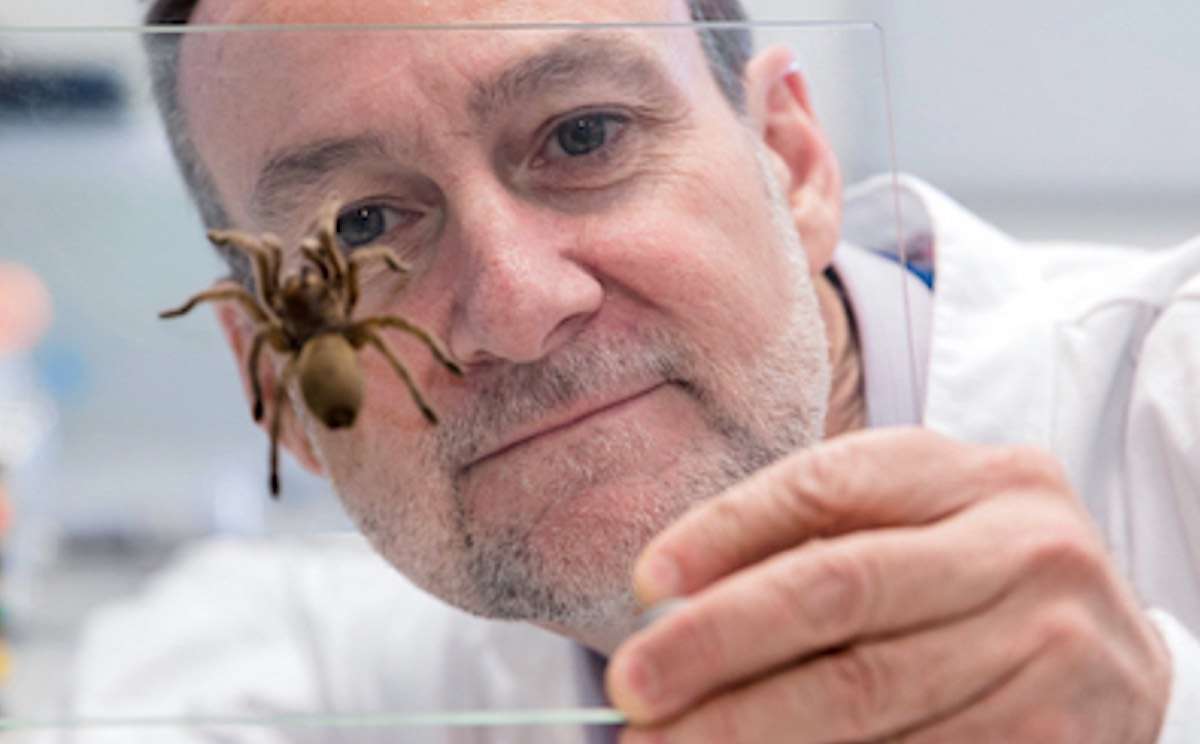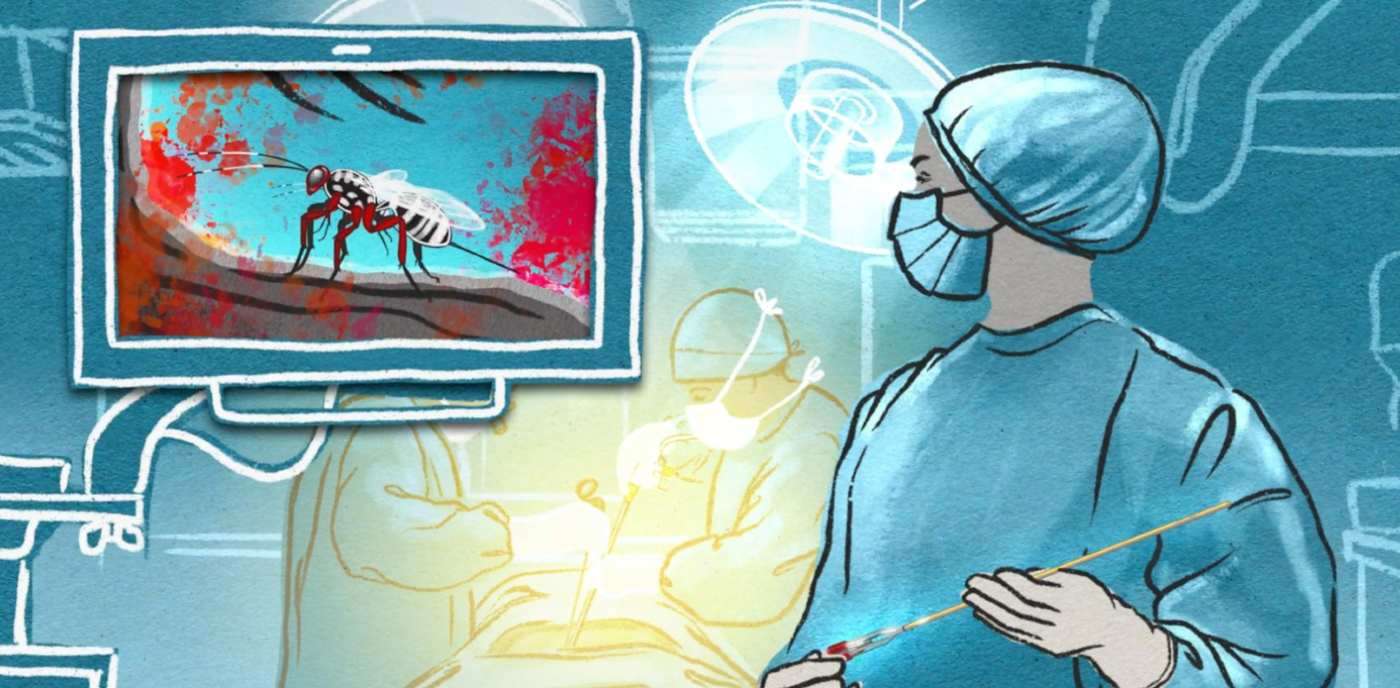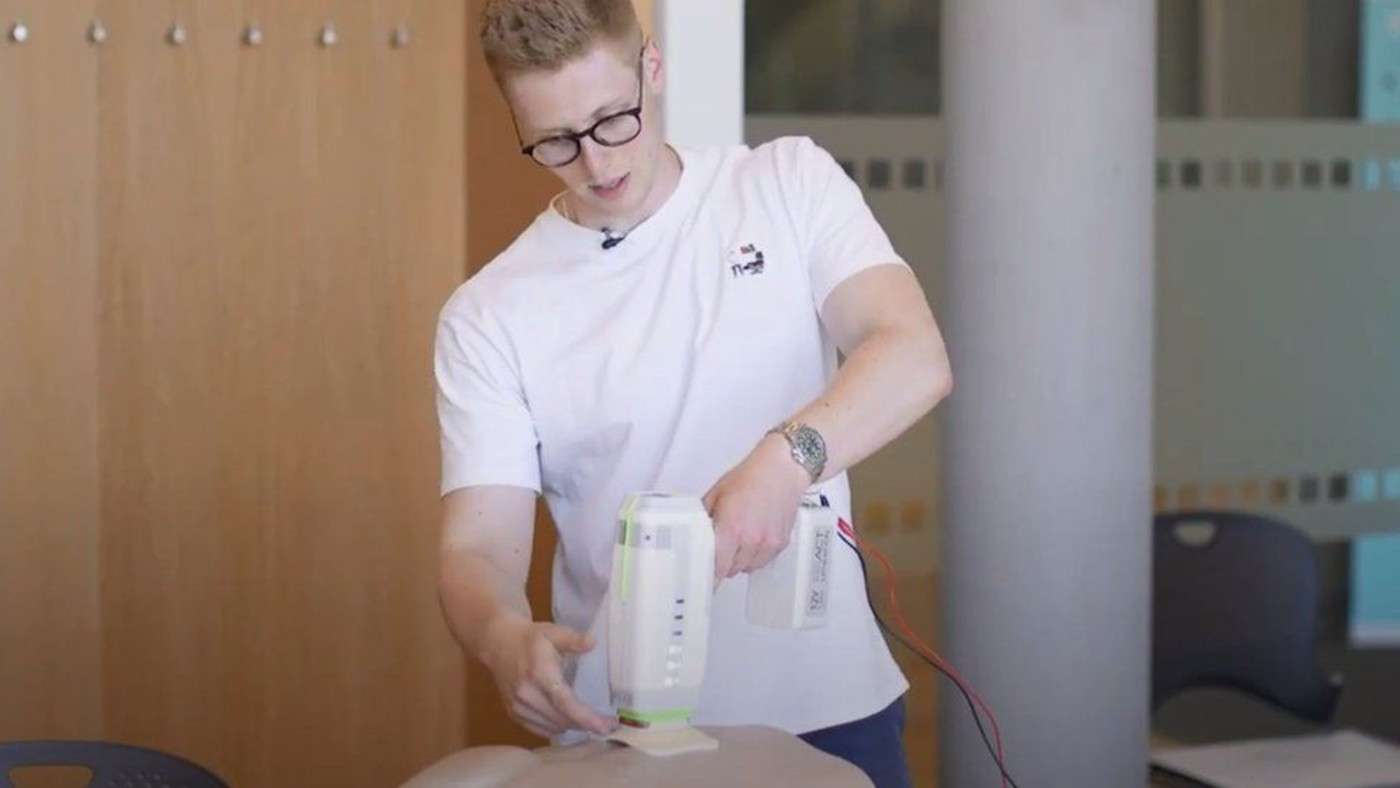Scientists Discover Psychedelic-Like Drug That Doesn't Cause Hallucinations
UC Davis scientists have discovered a new psychedelic-like drug that could help treat depression and PTSD without hallucinations.

UC Davis scientists have discovered a new psychedelic-like drug that could help treat depression and PTSD without hallucinations.

Polish javelin thrower Maria Andrejczyk took the silver medal at the Tokyo Olympics. She auctioned it to save a boy's life.

Queensland researchers discovered a potentially life-saving treatment for heart attacks in a very unlikely source–deadly spider venom.

Here's how a wasp has inspired Delft University scientists to create an innovative new tool for keyhole surgeries.

A final-year design student at Loughborough University, UK, has invented a device that seals open knife wounds in 30 seconds.
Researchers at The University of Newcastle Australia have developed a pain-free blood test for people with diabetes, a real breakthrough.
On Seoul's 27 bridges, new CCTV cameras will analyze body movements to try and detect suicides before they happen and alert rescue teams.
Duke University surgeons successfully implanted a new-generation CARMAT artificial heart in a patient—a first for a North America hospital.
Researchers at Ural Federal University have synthesized chemical compounds that can stop the degeneration of neurons in severe brain pathologies.
Creating insulin-producing pancreas cells safely and at 80%, a new method using 3-dimensional petri dishes draws type-1 diabetes cure nearer.
With the steadiest hands in all of Australia maybe, Dr. Meaghan Barrow stitched up a green tree frog of only 2 cm with a needle and suture.
Now that the Ervebo vaccine has been approved by WHO and the European Commission, the vaccine can now be freely distributed on a more global basis.
Since three different amputees have been fitted with the bionic legs, the developers are confident that the prosthetics will soon be commercially available.
Harvard researchers have found that dementia cases have declined by 13% in the US and Europe every decade since 1988.
The gurney-mounted LUCAS-3 compression robot performs live-saving CPR in the UK, freeing up paramedic hands for other tasks.
The venom of one Australian caterpillar shows promise for use in medicines and pest control, researchers say. The Doratifera vulnerans is common to large parts of Queensland's south-east and is routinely found in Toohey Forest Park on Brisbane's southside. Dr Andrew Walker at the Institute for Molecular Bioscience has been researching the striking looking caterpillar […]
By growing skin sample sizes 100-times, a revolutionary Swiss skin graft machine could change the procedure forever.
A new blood test using machine-learning can rapidly test for 50 different kinds of cancers, as is accurate enough to be rolled out soon.
A special L-shaped drinking straw cures hiccups in 92% of people immediately upon use, and is available for about $15 on Amazon.
Trials have begun at the University of Washington using a lozenge candy that can build up enamel on teeth.
Recent Stories
A Heartfelt Reminder to Appreciate the Ones We Love
Cherish the Woman Who Stands by You
Breaking Generational Cycles of Pain
Living by Your Own Values, Not Others' Approval
When Life Brings Rain, It’s Okay to Rest
Before You Judge Someone's Life, Take a Moment to Walk in Their Shoes.
A Friend Who Spreads Gossip is Not a True Friend at All
The Value of Human Connection Over Digital Convenience
The Quiet Kind of Love
One Day, Your Mom Won’t Call You Anymore
I’ve reached a point in my life...
Happiness is a mindset, a conscious choice we make every day